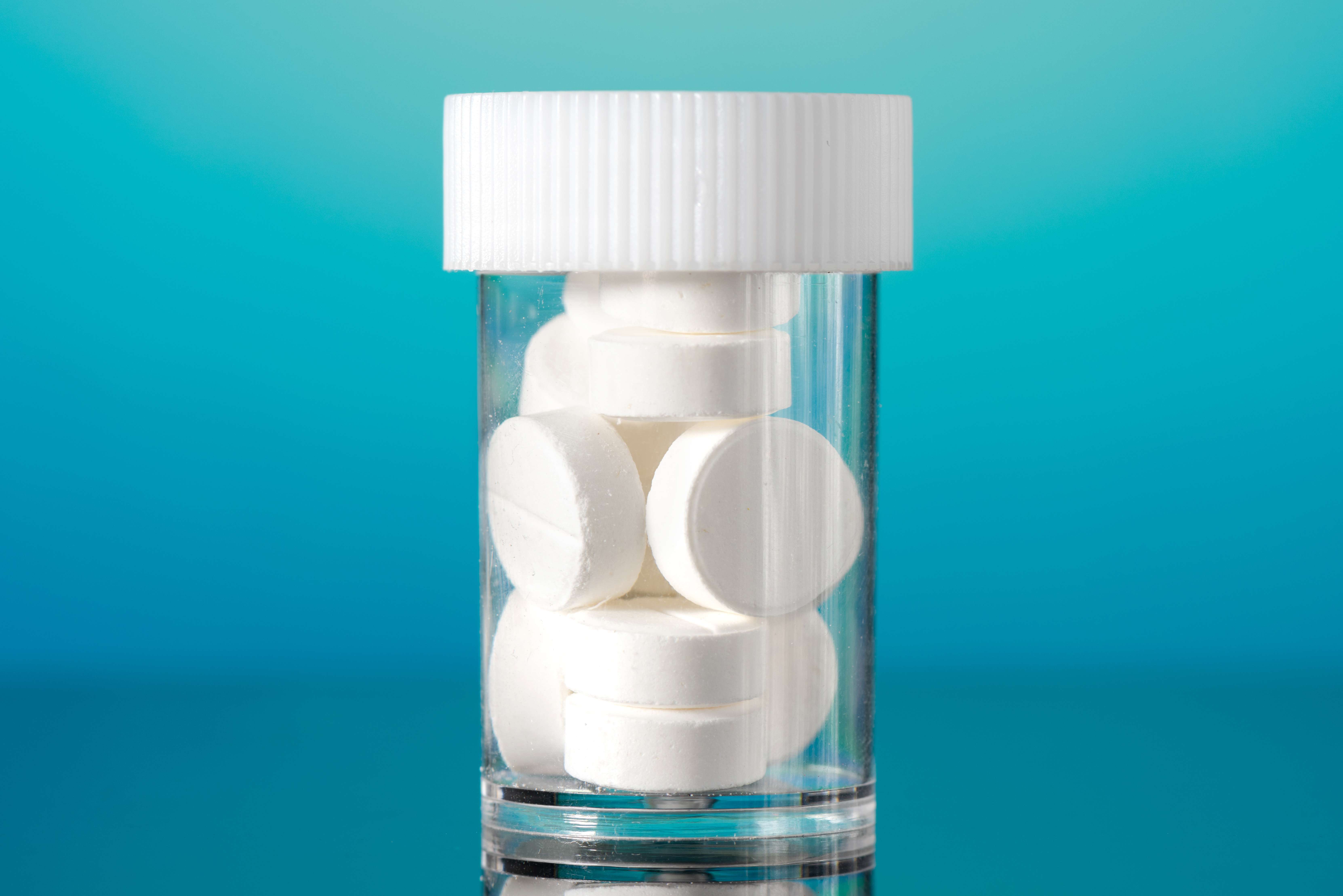14 Common Over-the-Counter Medications Secretly Damaging Your Gut
3. Proton Pump Inhibitors (PPIs): Acid Suppression and Microbial Imbalance

Proton pump inhibitors are widely used to treat acid-related disorders such as GERD and peptic ulcers by reducing stomach acid production. However, stomach acid plays a vital role in controlling the growth of bacteria in the gut. Prolonged use of PPIs can lead to an overgrowth of bacteria in the small intestine, a condition known as small intestinal bacterial overgrowth (SIBO). This microbial imbalance can cause symptoms like bloating, gas, and diarrhea. While PPIs are effective for managing acid-related conditions, it's important to use them for the shortest duration necessary and explore alternatives like lifestyle modifications and dietary changes to support gut health.
4. Metformin: Balancing Blood Sugar and Bacterial Diversity

Metformin is a cornerstone in the management of type 2 diabetes, helping to control blood sugar levels effectively. However, research indicates that metformin can alter the composition of the gut microbiota, potentially affecting bacterial diversity. Some studies suggest that these changes might even contribute to the drug's glucose-lowering effects. While metformin remains an essential medication for many, understanding its impact on gut health can guide the use of dietary interventions and probiotics to support a balanced microbiome. This highlights the intricate interplay between medication, gut health, and metabolic regulation.
